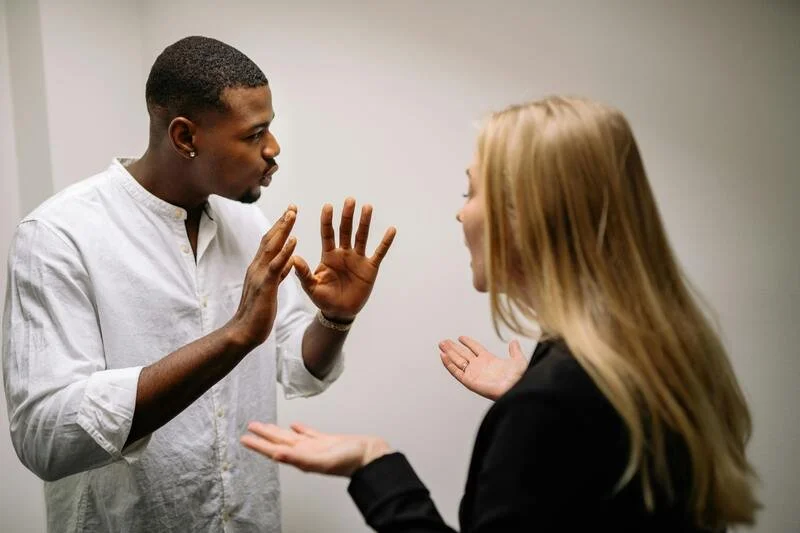What Is Gaslighting and How Do You Spot It Early?
Gaslighting is a form of psychological manipulation where someone causes you to question your memories, perception of reality, or sense of self. The term originally comes from a 1940s film, Gaslight, where a man manipulates his wife into believing she is going mad. Today, gaslighting in relationships can occur between partners, family members, colleagues, or even friends. It can be subtle and gradual, which is why learning to spot it early is so important.
How Gaslighting Works
At its core, gaslighting is about control. The gaslighter may deny things they’ve said or done, twist facts, shift blame, or accuse you of being too sensitive or irrational. These behaviours are designed to confuse you and make you second-guess your own thoughts or feelings. Over time, emotional abuse like gaslighting — often seen in experiences of narcissistic abuse — can lead to anxiety, low self-esteem, and even trauma-related symptoms.
How Common Is Gaslighting?
Gaslighting is more common than many people realise, often forming part of broader patterns of emotional abuse and coercive control. According to the Office for National Statistics, police in England and Wales recorded over 1.45 million domestic abuse-related incidents and crimes in the year ending March 2023. Of these, nearly 890,000 were recorded as domestic abuse-related crimes. This highlights how widespread abuse is — and how manipulative behaviours like gaslighting often go unnoticed for far too long.
In addition, 43,774 offences of coercive control were recorded in the same period. Coercive control often includes gaslighting tactics such as undermining someone’s confidence, distorting their reality, or isolating them from support.
Recognising these patterns early can be a crucial step in protecting your emotional wellbeing and regaining a sense of control.
Early Signs of Gaslighting
Gaslighting usually begins subtly. You may notice:
- Constant second-guessing yourself
- Feeling confused or “not good enough”
- Being told things didn’t happen when you know they did
- Apologising often, even when you haven’t done anything wrong
- Feeling anxious or “on edge” around the person in question
Recognising early signs of gaslighting is a vital step in protecting your emotional wellbeing. If these patterns sound familiar, you are not alone, and what you’re feeling is valid.
How Therapy Can Help
Therapy provides a safe and non-judgmental space where you can process your experiences, rebuild trust in your own perspective, and establish healthy boundaries. Working with a psychologist can help you understand the impact of gaslighting, explore self-worth, and strengthen your emotional resilience.
Whether you're currently in a relationship where gaslighting is present or you're healing from past emotional abuse, seeking mental health support can make a meaningful difference. You deserve to feel safe, seen, and supported.

